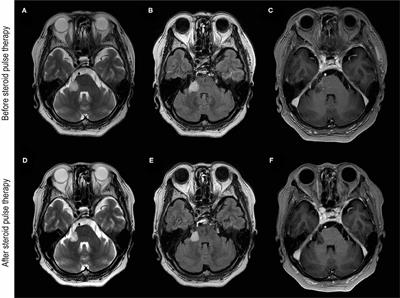EDITORIAL
Published on 26 Aug 2022
Editorial: Advances in neuromyelitis optica spectrum disorders
doi 10.3389/fneur.2022.1005164
- 1,391 views
- 1 citation
39k
Total downloads
120k
Total views and downloads
EDITORIAL
Published on 26 Aug 2022
ORIGINAL RESEARCH
Published on 11 Jul 2022

REVIEW
Published on 17 Jun 2022
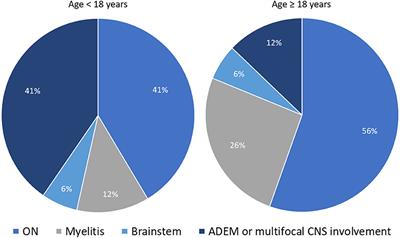
ORIGINAL RESEARCH
Published on 14 Jun 2022

CASE REPORT
Published on 19 May 2022

CASE REPORT
Published on 13 May 2022
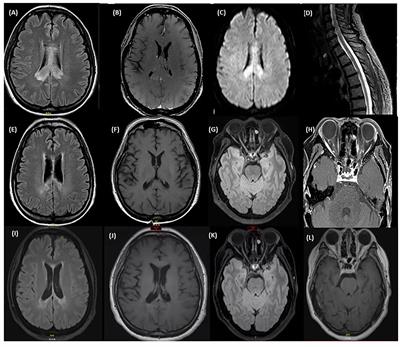
STUDY PROTOCOL
Published on 25 Apr 2022
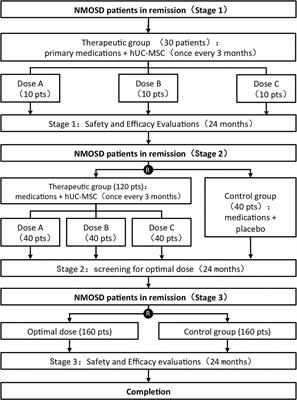
ORIGINAL RESEARCH
Published on 14 Apr 2022
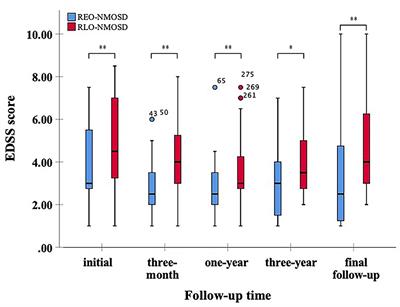
ORIGINAL RESEARCH
Published on 24 Mar 2022
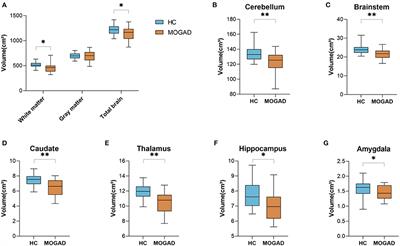
REVIEW
Published on 23 Mar 2022
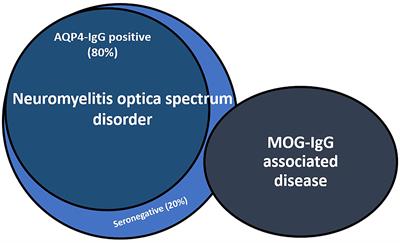
MINI REVIEW
Published on 17 Mar 2022
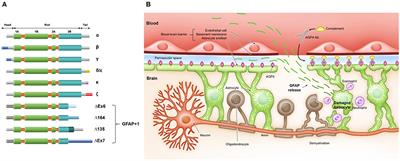
CASE REPORT
Published on 01 Mar 2022
